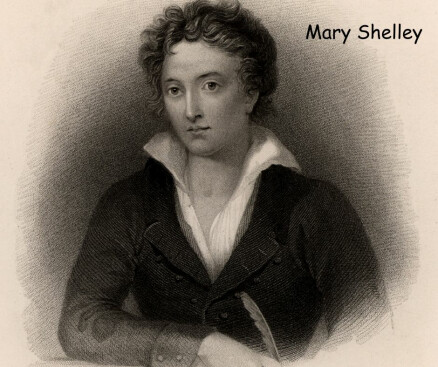Postmodern Greyfriars
We in the diocese have made a concerted effort, led especially by Bishop Michael, in the post-pandemic era, to offer ministries of contemplation and spiritual direction (and most recently healing). We can readily associate these with our Benedictine history, which obviously we share with the wider catholic inheritance. But there was in a late medieval England also a Franciscan tradition. They were, upon their arrival in the 13th century, mendicants, itinerant preachers, and healers, though they soon developed a rich philosophical-theological tradition, for example at Greyfriars, Oxford. I want to meditate on this sub-theme in Anglicanism (given our trend lines nationally we too may be mendicants before you know it).
Think with me for a moment about Francis himself, a saint whose allure has endured through the centuries, not least for young people. His time saw war, plague, church division, and a turbulent Middle East. In the midst of all this he was riveted, moved to obedience, and transformed by hearing the Word of God. From the cross Jesus commanded him ‘restaura mi iglesia’: rebuild my Church. But it is no worldly program he initiates. He devotes himself to a struggling little parish. He identifies and nurses the sick and the lost. He surrenders himself to community life. He does so to such an extent that he at the end receives the stigmata, signs of his identification with his Lord.
There is of course another dimension to him particularly popular in our own age, the Francis who composes ‘Hymn to the Sun’ and preaches to the animals (the resulting service of blessing having become a high holy day these days). Francis is the patron saint of the created order, including death as well as life.
In the modern age various Anglicans have ought to identify, and then coordinate (somehow) its various streams, catholic, evangelical, liberal (broad?, experiential?), charismatic, etc. In the spirit of Francis, saint of our time, and amidst our perplexities, let me try my hand at three.
The first is hearing the Word of God, more specifically Scripture as addressed to us personally by the Lord Jesus on the cross. Implied therein are many serious doctrinal claims, about atonement, grace, and the incarnation, along with a model of the servant Church. Second, we may identify a theme of solidarity, with the least, with those with whom we differ, with companions on the way of other traditions of belief, finding consonance where we can. To be sure, solidarity is not sublimation of doctrine into some spirit of the age- it is something simpler to conceive if not to live out, a deep friendship, a concept Father Victor has helped us to reclaim.
The Church of hearing and of solidarity: but what account fills out our triad? If listening stands in for the evangelical dimension, and solidarity for the liberal, how shall we think of the catholic? What is sacramentality for a Christian but creaturely access by grace to the mystery of God, with the help of brother wheat and sister water? In paganism, distorted though it be, humans heard a whisper about the divine, in the sun, moon, and stars an intimation of His grandeur and order. As the great liturgical theologian Alexander Schmemann has taught us (in ‘For the Life of the World’), once more in the new dispensation created things lead us to the One walking in the garden in the cool of the evening.
But this third dimension of our faith entails in our time a polemic, an edge. Church is embodied because its sacraments are, hence its worship too, all of these assuming that we are as humans irreducibly embodied. In our time, then, Churches must along the way be bulwarks against the tyranny of the machines.
The Church listening, befriending, partaking: of importance is also how the three inform each other. Like good English Franciscans we need to maintain a vigorous practice of ecclesial thinking together about all three themes. Together they are consistent with a Church increasingly peripheral, in worldly terms, which is to say, joyfully Franciscan. Any branch of the Church emphasizing only one would need to be reminded not to say to its siblings ‘I have no need of you.’ (I Corinthians 12:21)
Peace,
+GRS




